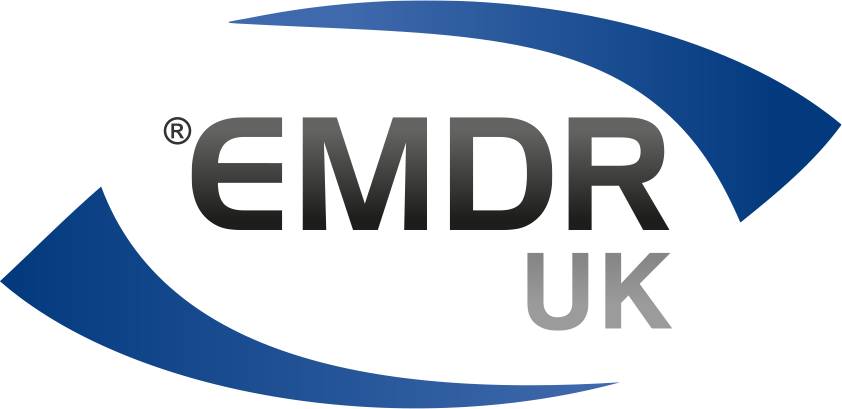A note from the editor
Welcome to the Winter 2024 edition of ETQ. Despite it being the middle of winter, there is much to look forward to; not least the annual conference in March in six weeks’ time. There is a fantastic line up of speakers presenting research findings and keynotes as well as workshops. You can sign up here and checkout the conference programme.
The next issue of ETQ is dedicated to EDI issues and I would encourage anyone who has an interest in this area to consider writing something for this issue. It can be from a therapist’s or client’s perspective. It might relate to areas where you have expertise or where you think expertise is lacking and needs addressing. The deadline for copy is 10th April. Please do get in touch by email as soon as you can if you have ideas that you would like to explore with me.
This is my seventh issue as editor and I am constantly surprised as to how themes emerge from the disparate selection of articles that I am sent to consider for publication.
In this issue, the topic of EMDR training has arisen from several perspectives. Nicola Dyson shares her concerns about the number of new trainees who go on to become accredited. She identifies some barriers to practice and offers some practical solutions. Charlotte Warburton is a new trainee who has hit the ground running and is enjoying using EMDR with her clients. She shares her training experience. One of the ideas suggested to improve training is to review the content of the initial training and Mark Brayne offers his view that there should be a significant emphasis on attachment rupture and repair. In the article reporting on the “meet the Board Q&A session’ one member suggested that new trainees should complete a knowledge test prior to being awarded their certificate of completion.
I was pleased to receive a letter from Olatunde Spence in response to the article on vicarious trauma by Lee Anna Simmons and Oliver Wright in the last issue. I know that much debate carries on in the forums and on Jiscmail. I do monitor it and often wish that the people who contribute there would consider sharing here in the way that Olatunde has.
It is a delight to read John Mulhall’s brief report about the encouraging outcomes from a single session G-TEP intervention in an acute adolescent psychiatric unit. In their own words, participants share the benefits and how much they appreciated the care shown to them. This is something that was picked up briefly in a systematic review of psychosocial interventions (including EMDR) after a traumatic incident in the workplace, mentioned in the EMDR Publications Database update.
The EMDR Publications Database is a valuable free resource for all members. It can significantly reduce workload when writing up results of studies, case reports or policy documents. Papers can be cited directly into Word documents and reference lists created, literally at a click of the mouse. I wonder if referencing presents a barrier to members when they consider writing either for this publication or other journals. On February 24th I will be running a free Association webinar on writing for publication and I will demonstrate just how easy it is to use the database, in the hope that it will encourage members to write something of interest.
There is a call for conference reporters on the general forum. It would be fantastic, whether you are attending online or in person, if you would consider writing up a session or workshop for the conference issue of ETQ in July.
It is heartening to receive articles about SIG and committee activities, and book reviews. I am happy to work with you to hone your article into the house style, so please do not let lack of experience put you off writing something for ETQ. Writing is a powerful skill that enhances your communication abilities, consolidates your learning and bolsters your professional portfolio.
I do hope that you enjoy this issue, and as ever I welcome your contributions.
See you at conference!




